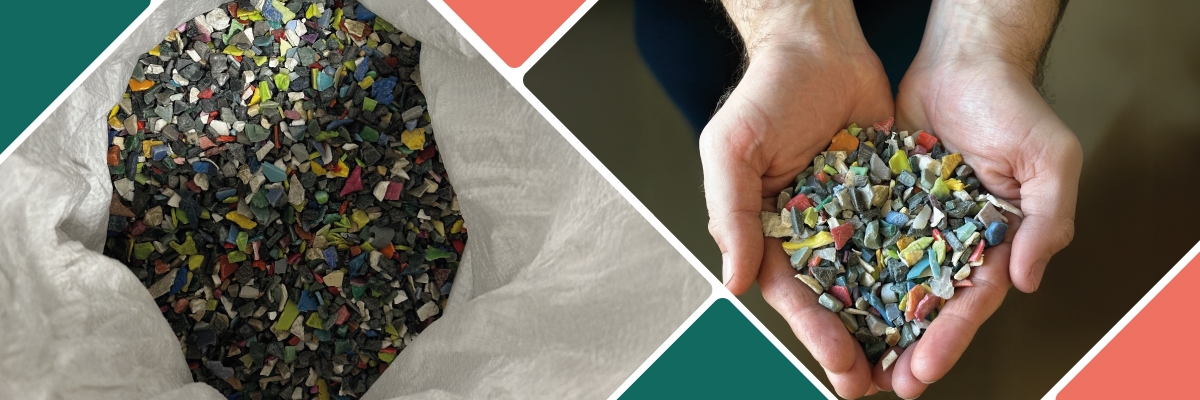With the extension of its approvals to new sectors, Ecomaison is mobilizing to accelerate the recycling of plastics of all kinds and for a wide variety of uses on a national scale. To structure this sector and maximize the incorporation of recycled plastic in new products, we are launching an ambitious call for tenders. Gwendal Michel, R&D Manager, and Romain Lecointre, Purchaser, explain.
Why has plastic recycling become such an important issue for Ecomaison?
Romain Lecointre: Because things change in 2022. Before, we only had one approval, for the furniture sector. Plastic represented only a small proportion of the materials we collected, as it was only derived from garden furniture. What's more, it was relatively simple to sort and process.
We have since been approved for three other streams: toys and games (non-electrical), products and materials from the building construction sector, and DIY and gardening items. These objects come in a wide variety of sizes, shapes, colors and, above all, plastic resins. Our challenge is to find technical sorting and recycling solutions for all of them: we are committed to this through our approvals. And that's what the call for tenders we're launching is all about.

Operator consultation
Ecomaison is launching a call for tenders to identify partners committed to sorting, preparing, recovering and innovating the recycling of plastics from the EPR channels for which we are approved. The aim of this call for tenders is to strengthen the national post-consumer plastic recycling industry.
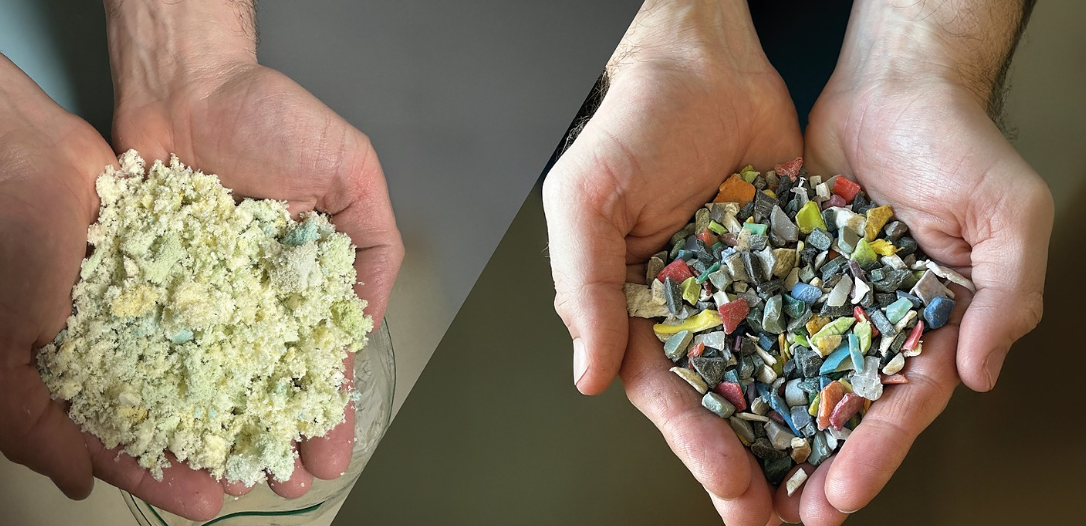
Call for innovation projects
Become our partner for the recycling of plastics and foams (including elastomers). Whether you're a waste sorting and preparation operator, a recycler and regenerator, a technology supplier, or a manufacturer or distributor interested in integrating recycled materials.
Is it just a technical issue?
Gwendal Michel: It's also a question of arousing the interest of manufacturers in recycled plastic by offering them resins adapted to their manufacturing processes, while guaranteeing a net cost equivalent to that of virgin resins. This issue has taken on even greater importance since the fall in hydrocarbon prices in 2024, which makes petroleum-based plastic more attractive.
Recycled plastic should therefore become a natural choice, as it is both ecological and competitive. With these new approvals, we have already gone from collecting 5,000 tonnes a year to over 10,000 tonnes expected by 2025.
These resins can be processed by recycling operators and regenerators to give life to new plastic formulations. This is a real challenge, in a complex context for French companies.
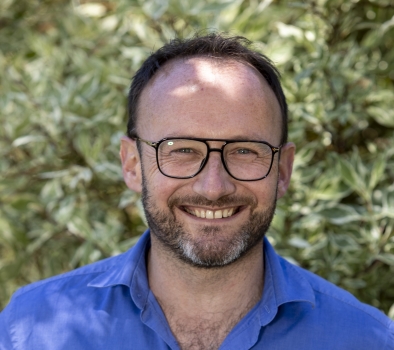
"It's also about getting manufacturers interested in recycled plastic by offering them resins adapted to their manufacturing processes, while guaranteeing a net cost equivalent to that of virgin resins."
Gwendal Michel
R. L.: First and foremost, we need to find operators who are technically capable of sorting and preparing plastics to facilitate their reuse by Ecomaison member manufacturers and retailers on their production lines.
As the icing on the cake, we're also looking for partners capable of regeneration, i.e. producing resins that meet the precise specifications of manufacturers and enable them to directly replace virgin resin with regenerated resin.
We also want to work with as many operators as possible, to offer a dense network throughout France. This means less CO2 impact and lower transport costs. The aim of this strategy is to enable our members to source resins incorporating Ecomaison recycled materials, either in ground or regenerated form, in order to create the foundations of a circular economy, a source of local value creation and territorial anchorage.
"This call for tenders should enable operators to propose their plastics sorting solutions that best correspond to each of the 3 streams we now distinguish: large rigid plastic objects, small rigid plastic objects, flexible plastics."
Romain Lecointre

Why is it essential to focus on innovation to improve plastics sorting and recycling?
G. M: Because today, the plastics recycling sector in France is poorly structured. Our role is to support operators in this process. The idea is to encourage and support those who adopt innovative processes, and to help them choose the most efficient ones.
Ecomaison identifies technologies, tests them directly with their suppliers, then supports their implementation on existing sorting lines by providing financial backing for operators' investments.
We also help liaise with manufacturers and distributors, to ensure that as much recycled plastic as possible is incorporated into new products. Our approach is highly proactive, and we seek to understand our members' needs in order to identify the sorting and recycling processes that will enable us to produce a material that meets their requirements. Understanding the end need of the plastics manufacturer is a key parameter in the equation.
In addition to this innovation partnership, we pay a premium for the incorporation of recycled materials, to help our member manufacturers use post-consumer materials. This premium is proportional to the effort made to integrate recycled materials into products.
Incorporate post-consumer recycled material
These innovation projects will also enrich the Ecomaison recycled materials presentation platform with new materials and new qualities!
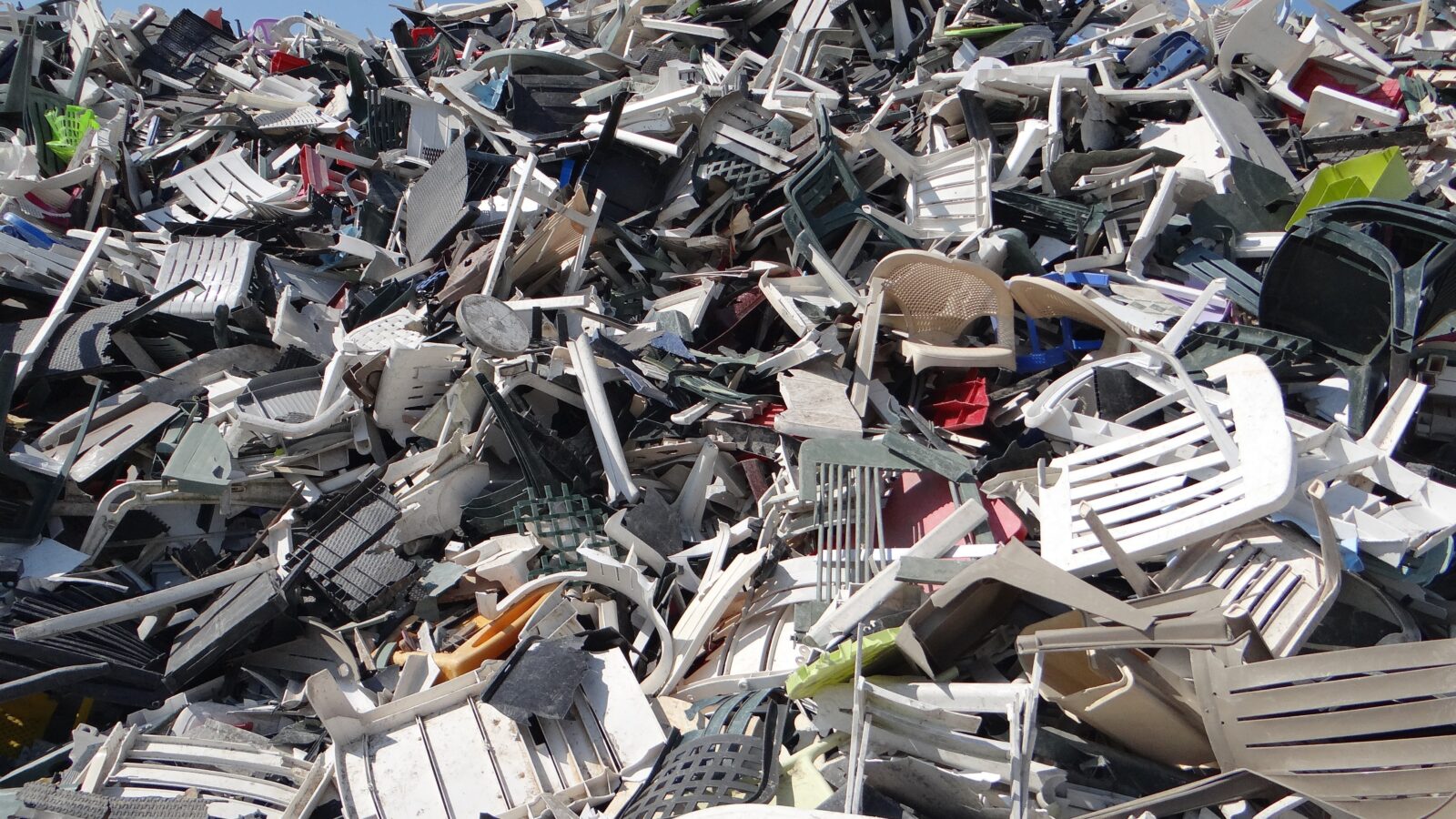
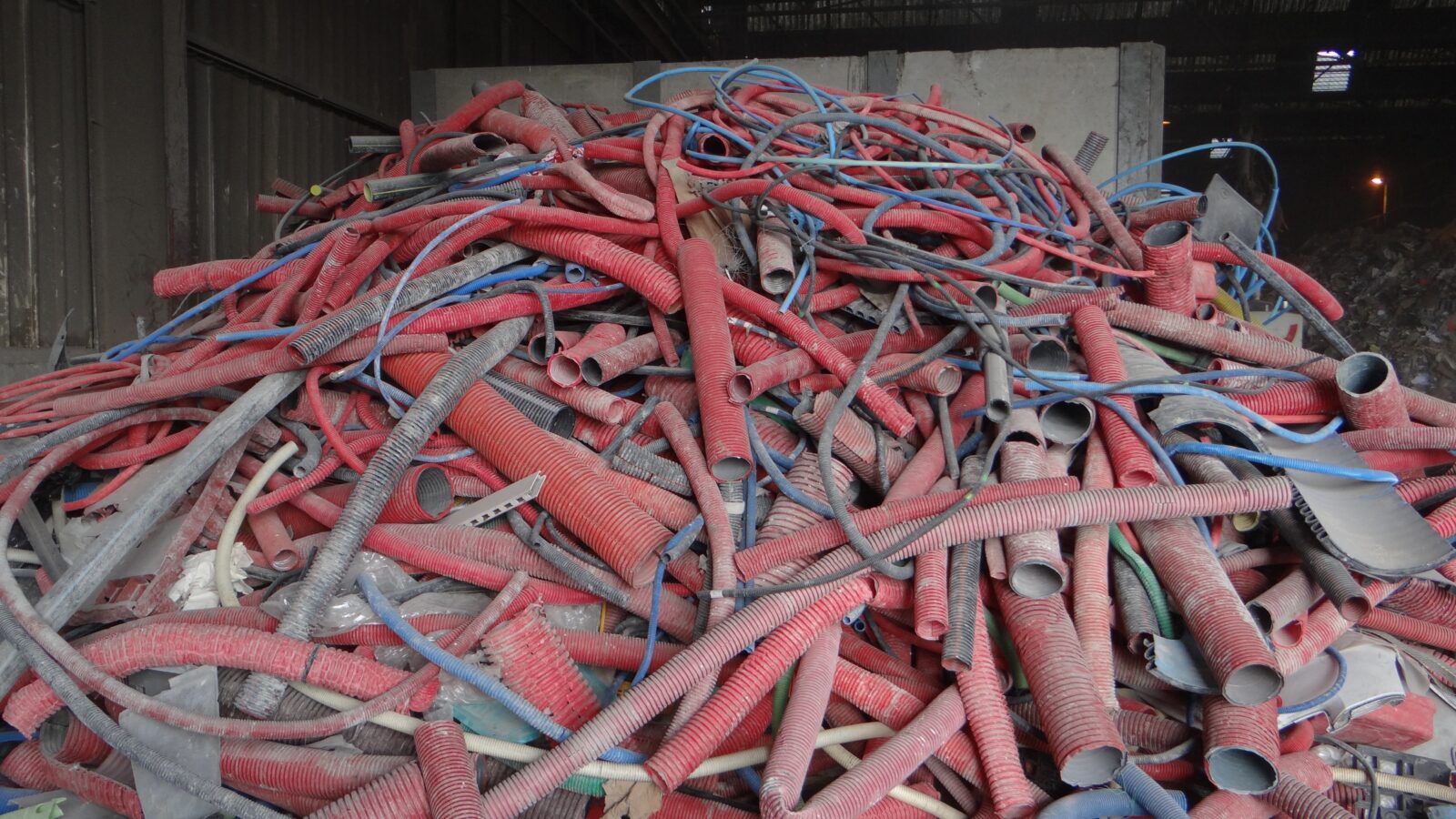
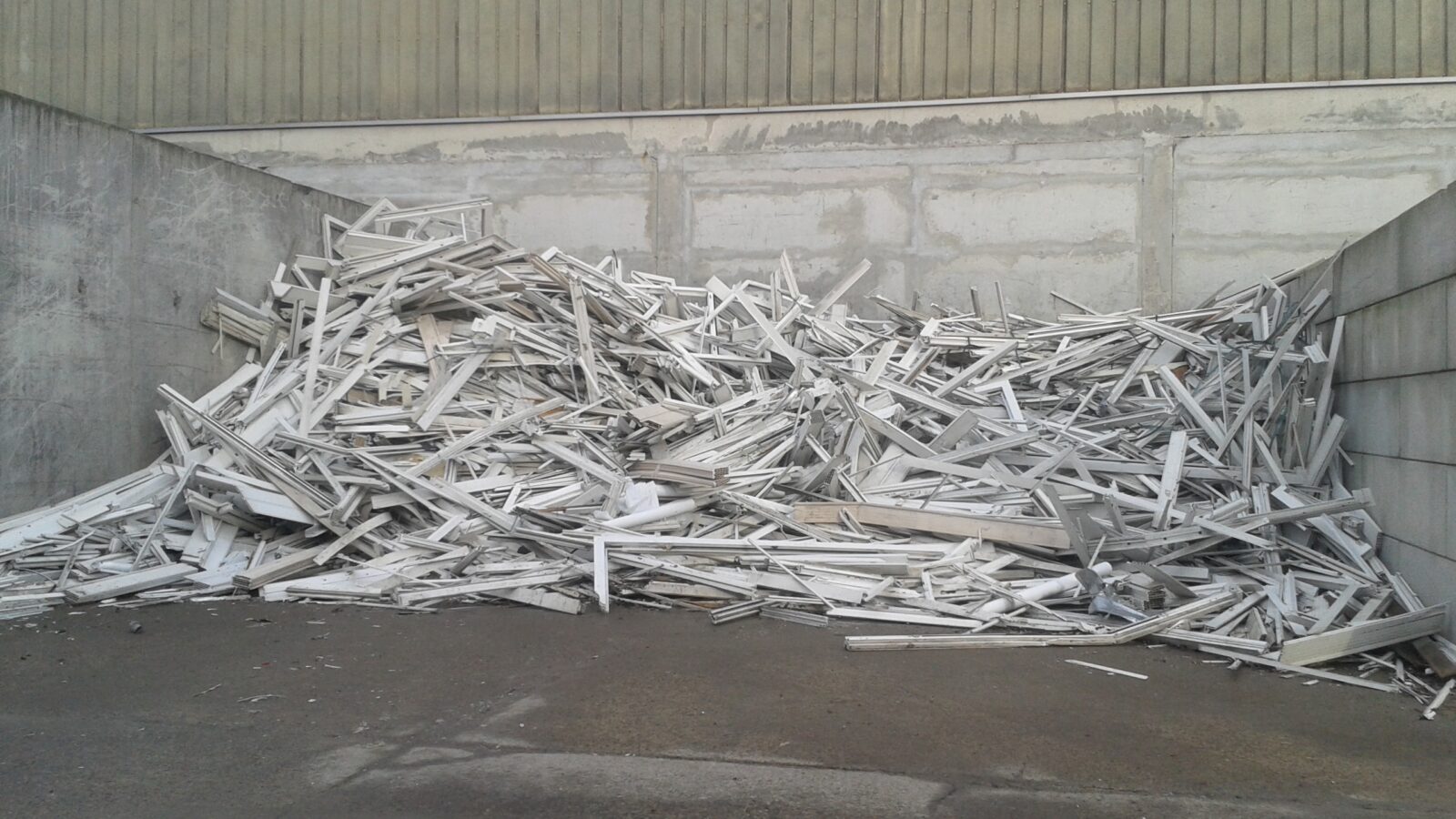
Can you give us an example of a technology you'd like to see emerge?
G. M: We are currently testing several of these processes: new-generation infrared optical sorting on ground resins, which sorts resins by type and color; triboelectricity, which separates resins on the basis of their electrification capacity; and flotation, which differentiates resins by density.
By supporting the integration and industrial-scale development of these processes on operators' production lines, we aim to accelerate the transition to a concrete, high-performance circular economy. In other words, from the collection and sorting of plastic waste to the production of formulated resins that meet the needs of our members. And integrating a maximized share of our Ecomaison flows.
Understanding the technical needs of each of the intermediaries in this recycling and production chain will enable us to envisage new uses for locally-produced resins! This is a real plus, highlighting the expertise of the recycling professions and enabling us to minimize the overall carbon footprint of these resins.
To find out more about current issues, consult ADEME's analysis of the challenges facing plastic recycling.
